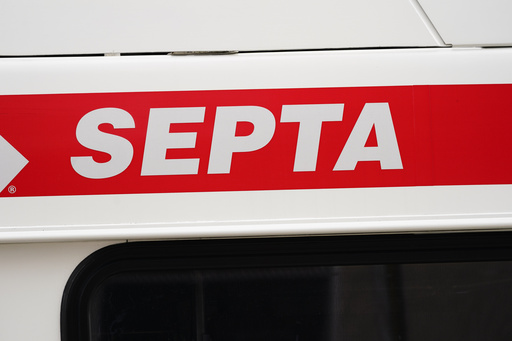
PHILADELPHIA — The mass transit authority in Philadelphia, known as the Southeastern Pennsylvania Transportation Authority (SEPTA), has put forth a proposal for a substantial 21.5% fare increase that is set to commence on New Year’s Day. This initiative is accompanied by potentially significant service reductions that are anticipated to begin in the summer. The announcement was made on Tuesday, with a public hearing scheduled for December 13 to discuss these plans.
Should the SEPTA board approve these changes, riders will face an increase on top of a previously proposed average fare rise of 7.5%, which is slated for consideration later this month. If this interim increase receives approval, it would take effect on December 1. Consequently, if both increases are implemented, the cost for a single ride on buses and subways would rise from $2 to $2.90. For those using the SEPTA key for rail travel, fares which currently range from $3.75 to $6.50, depending on the zones traveled, would escalate to between $5 and $8.75 starting January 1.
Facing a looming strike from thousands of its employees, SEPTA has highlighted ongoing concerns regarding its financial stability. The last fare increase occurred in 2017, and the anticipated adjustment is expected to generate an additional $23 million for the current fiscal year, and $45 million annually beginning in 2026. As the sixth-largest mass transit system in the United States, SEPTA is grappling with an annual structural deficit of $240 million, particularly as federal pandemic relief funds diminish. The agency has missed out on roughly $161 million in state funding after the Republican-led state Senate opted not to vote on a proposal by Democratic Governor Josh Shapiro for $283 million in new state aid for public transit. Instead, lawmakers ratified a one-time payment to the state transit fund, of which SEPTA received $46 million.
The SEPTA board is poised to potentially cast a vote on the fare increase proposal as early as December 19. The agency is also considering service cuts that could be enacted by July 1, which may involve eliminating certain routes, shortening existing ones, and reducing the frequency of buses, trolleys, subways, and Regional Rail services. These reductions are projected to save approximately $92 million in the initial year, with potential additional savings in subsequent years as SEPTA evaluates further cuts to its infrastructure.
“This situation is challenging, and it’s going to impact our patrons significantly,” said Scott Sauer, Chief Operating Officer of SEPTA, on Tuesday. “This reflects the beginning of what we have termed the transit death spiral.” This fare hike and service reduction proposal unfolds amid ongoing contract negotiations with the Transport Workers Union Local 234. The union, which represents about 5,000 employees including operators and maintenance staff, voted to authorize a strike after their contract expired last Friday. However, they have since agreed to postpone any strike action, indicating some positive developments in the negotiation discussions.
